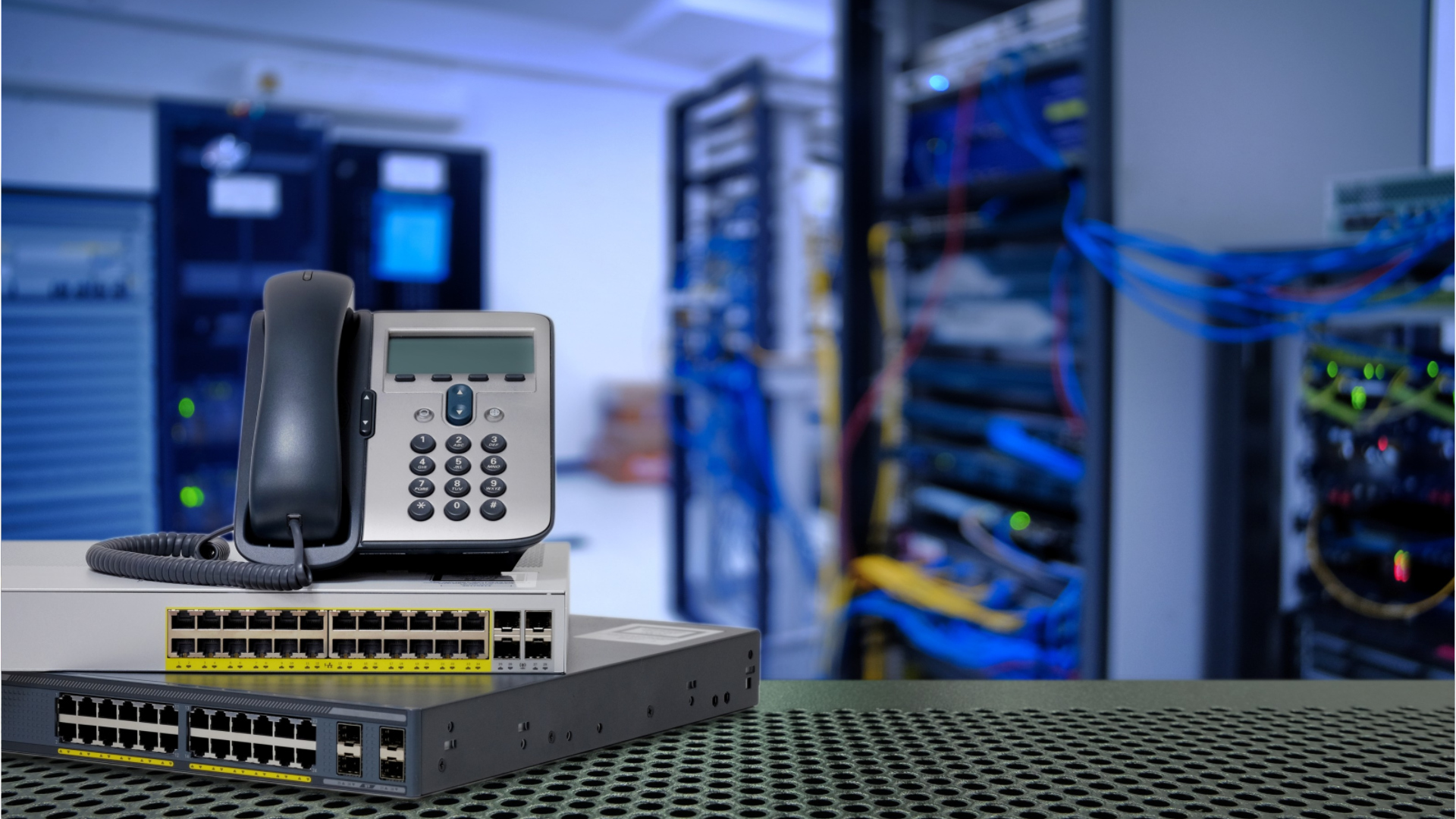Telecommunications Engineering Specialists
Communications Engineer, Engineer, Infrastructure Engineer, Telecommunications Consultant (Telecom Consultant)
 Select a military branch to see samples.
Select a military branch to see samples.
Heavy Aircraft Integrated Avionics; Heavy Aircraft Integrated Avionics Craftsman; Heavy Aircraft Integrated Avionics Craftsman, C4ISR Mission Systems (E-3, E-4, E-7, E-8, EC-130H, RC-135, VC-25); Heavy Aircraft Integrated Avionics Journeyman; Heavy Aircraft Integrated Avionics Journeyman, C4ISR Mission Systems (E-3, E-4, E-7, E-8, EC-130H, RC-135, VC-25)
Chief Signal NCO; Cyberspace Defense Warrant Officer; Electronic Systems Maintenance Warrant Officer; Health Services Systems Management; Military Intelligence (MI) Systems Maintainer/Integrator; Network Communication Systems Specialist; Satellite Communications Systems Operator-Maintainer; Senior Electronics Maintenance Warrant Officer; Senior Signal Warrant Officer; Signal Operations
Electronics Technician; Information System Technician; Information Systems Management
Communications Chief; Communications Officer; Data Systems Administrator; Data Systems Chief; Ground Electronics Telecommunications and Information Technology Systems Maintainer; Intelligence Surveillance Reconnaissance (ISR) Systems Engineer; Network Chief; Network Engineering Officer; Signals Intelligence/Electromagnetic Warfare Technician; Space and Waveform Integration Officer
AN/SIA-127/134 Announcing System Maintenance Technician; AN/UYQ-21 Computer Display System Maintenance Technician; Combat Control Systems Technician; Communications Technician; Cryptologic Systems Maintenance Director; Director of Communications; Electronics Technician, Submarine, Navigation; Information Systems Technician Submarines; Interior Communication Technician; Single Audio System (SAS)
No similar titles were found.
What they do:
Design or configure wired, wireless, and satellite communications systems for voice, video, and data services. Supervise installation, service, and maintenance.
On the job, you would:
- Consult with users, administrators, and engineers to identify business and technical requirements for proposed system modifications or technology purchases.
- Implement system renovation projects in collaboration with technical staff, engineering consultants, installers, and vendors.
- Keep abreast of changes in industry practices and emerging telecommunications technology by reviewing current literature, talking with colleagues, participating in educational programs, attending meetings or workshops, or participating in professional organizations or conferences.
Knowledge
Communications
- telecommunications
Engineering and Technology
- computers and electronics
- product and service development
Arts and Humanities
- English language
Math and Science
- arithmetic, algebra, geometry, calculus, or statistics
Skills
Basic Skills
- listening to others, not interrupting, and asking good questions
- reading work related information
People and Technology Systems
- figuring out how a system should work and how changes in the future will affect it
- measuring how well a system is working and how to improve it
Problem Solving
- noticing a problem and figuring out the best way to solve it
Abilities
Verbal
- communicate by speaking
- listen and understand what people say
Ideas and Logic
- notice when problems happen
- order or arrange things
Math
- add, subtract, multiply, or divide
- choose the right type of math to solve a problem
Personality
People interested in this work like activities that include data, detail, and regular routines.
They do well at jobs that need:
- Attention to Detail
- Dependability
- Integrity
- Analytical Thinking
- Initiative
- Stress Tolerance
Technology
You might use software like this on the job:
Operating system software
- Microsoft Windows Server
- Shell script
Project management software
- Microsoft Project
- Microsoft Teams
Electronic mail software
- IBM Notes
- Microsoft Outlook
Education
Education: (rated 3 of 5)
Job Outlook
Average
New job opportunities are likely in the future.
Explore More
- Computer Network Architects
- Computer Network Support Specialists
- Computer Systems Engineers/Architects
- Software Developers
- Telecommunications Equipment Installers & Repairers
You might like a career in one of these industries:
See more details at O*NET OnLine about telecommunications engineering specialists.





